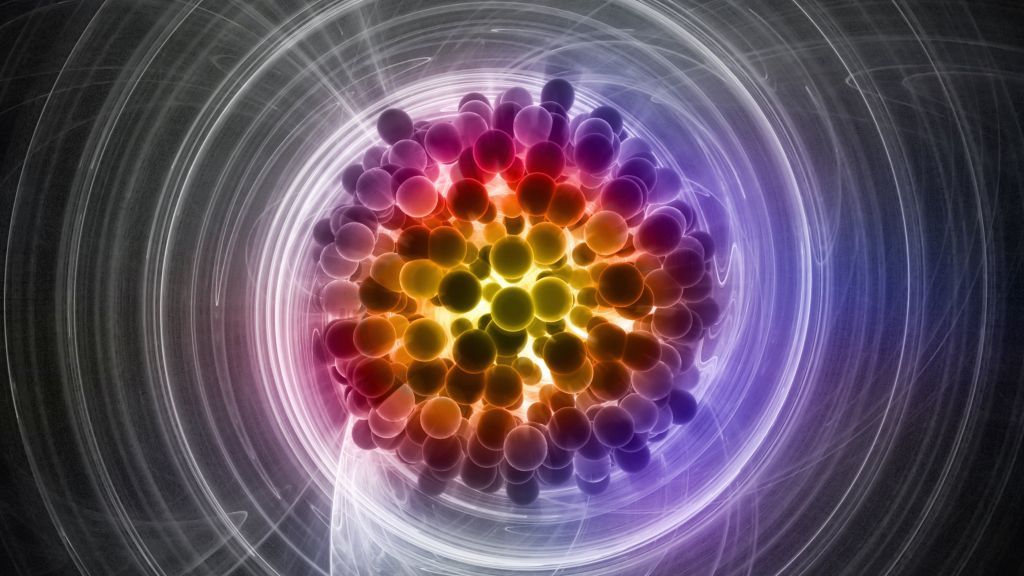In a groundbreaking study published in Nature Nanotechnology, scientists have challenged a longstanding principle of physics established by Charles-Augustin de Coulomb, which states that like charges repel and opposite charges attract. The research team discovered that under certain conditions, like-charged particles can indeed attract each other. This phenomenon was observed when charged silica microparticles were placed in specific liquids such as water and alcohol. In water, negatively charged particles formed hexagonal structures within a specific acidic pH range, while in ethanol and isopropanol, positively charged particles attracted each other.
The researchers attribute this unexpected behavior to an “electrosolvation force” arising from the interaction between the charged particles and the molecular structure of the liquids. This force is influenced by the pH level in water and the molecular dipole orientation in alcohol. The findings not only challenge traditional physics but also open new avenues for understanding biomolecular condensates, which play a crucial role in cellular processes and diseases. This research could significantly impact our understanding of molecular interactions and the fundamental principles governing them.
Read more at Space.com…
